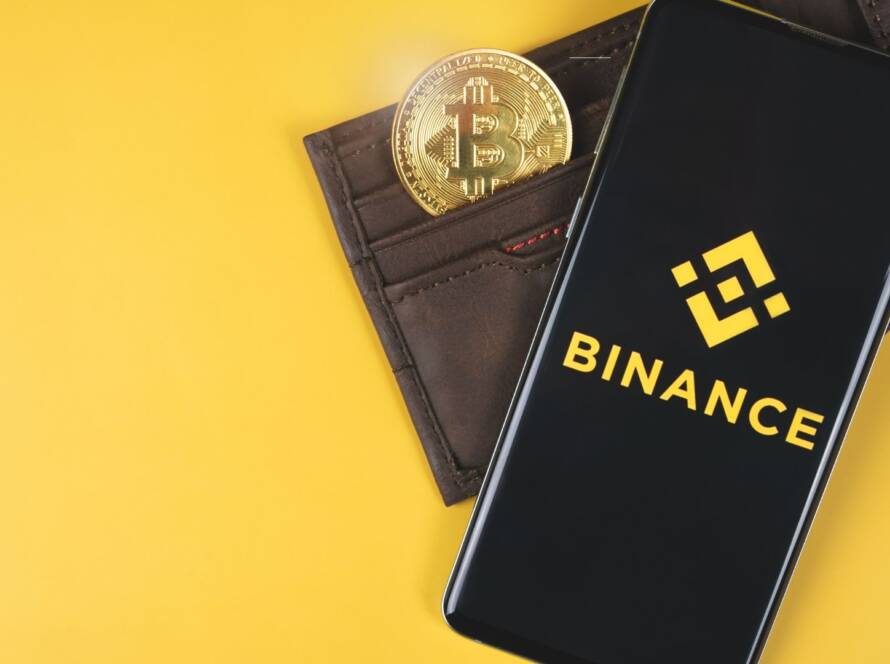Many pointed fingers at PayPal, but the overspender was Paxos. The company is now working with the miner to recoup the funds.
One thing unique to blockchain is that transactions are transparent, and any discrepancies are quickly spotted by eagle-eyed users.
One such discrepancy was spotted on September 10, when a wallet address was found to have overpaid $512,000 in transaction fees on a $2,000 Bitcoin (BTC) transaction.

Speculation on X led many to believe that the entity which paid the fee was PayPal, because the address closely matched the behaviour of a “now inactive wallet” which is labelled as PayPal on analytics platform OXT.
“The on-chain activity is consistent with automated processing of fiat-denominated withdrawals, and also closely matches the behavior of a now inactive wallet bc1qhs…kx4n, which is labelled as PayPal on OTX,” wrote X user and mempool developer Mononaut.
In reality, the overspender was Paxos, the company told several news outlets.
It’s easy to see where the confusion comes from: Paxos is the custody manager of many of PayPal’s crypto services, and it issues the network’s new stablecoin, PYUSD.
Read more: PayPal launches new USD off-ramps for Web3 payments
A Paxos spokesperson told Cointelegraph that the error has only impacted Paxos corporate operations. “Paxos clients and end users have not been affected and all customer funds are safe,” the company said.
They added that the error can be traced back to a bug on a single transfer, which has now been fixed.
Paxos is now in contact with the Bitcoin miner to recoup the funds, the company said.
Mononaut also caught wind of the news, writing that “All evidence now points to a software bug like this as the cause of the error. I really feel for the developer who wrote that code – it’s such an easy mistake to make, and it should have been caught in review.”

Disclaimer: CryptoPlug does not recommend that any cryptocurrency should be bought, sold, or held by you. Do conduct your own due diligence and consult your financial advisor before making any investment decisions.




